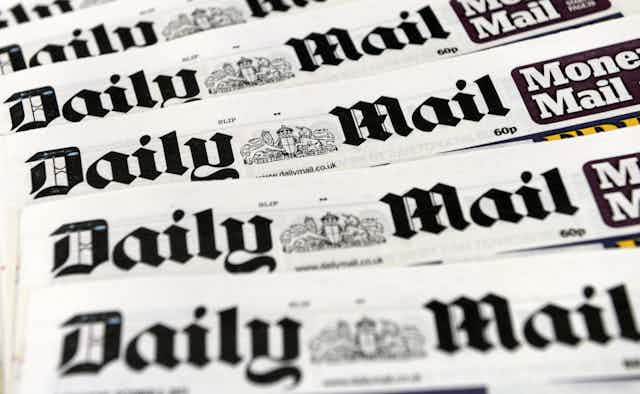I’ve been teaching journalism students for six years now, at three very different universities. What they learn is a far cry from my days at Darlington Technical College, class of 1994, slogging through shorthand classes. There was no internet or social media – in fact I think we were the last cohort to learn our reporting skills on typewriters.
My students have taught me a lot about what it means to be an undergraduate on a media or journalism course in 2018. They may be prize-winning, or pushy, scary or scared, but they are all basically really nice kids. Who would believe journalism, this most hated of trades, would draw its ranks from such polite, witty and engaging young people?
Yet during one recent final-year lecture I asked how many of the 80 students were planning a career in journalism. Not even a dozen raised their hands. The rest were either heading for public relations or didn’t know what they would do with their hard-earned qualification. That varies from university to university, but in a sector filled with unpaid internships, old-boy networks, and widespread bullying, who can blame them?
In his book Hack Attack, former Guardian journalist Nick Davies argued that the main difference between his own newspaper and the News of the World was “the bully quotient”. Indeed, this is an industry in which old hands wear their tales of ill treatment like badges of honour.
I have been told many of these stories – the chief reporter throwing scrunched up pages of apparently “shit” copy at the back of a trainee’s head. Or the junior reporter being summoned daily across the newsroom to be told by another senior executive: “You’re too too slow and you’re crap, now fuck off.”
Outgoing Dail Mail editor Paul Dacre is/was said to be very much of this particular old school of foul mouthed management, with “cunt” a favoured term in editorial meetings. It is unsurprising then that to many, the contents of the Daily Mail are synonymous with a particularly vitriolic news agenda – because such bullying flows downhill.
By contrast, the journalism courses in which I’ve been involved place great emphasis on the straight and narrow path of ethics, precision, news judgement and the democratically necessary Fourth Estate. Plus, we really care about our students.
We also teach them about the political economy of the media, propaganda and house styles. The harder truth for them to learn is that opportunities in traditional journalism are decreasing. More and more journalists describe themselves as freelance – and the lines between journalism, content management and media-relations are increasingly blurred. Meanwhile, the PR industry has become a dominant force in our society.
And although it might be too early to write journalism’s obituary, it is true that for the newly qualified, workloads are increasing and career prospects are questionable in the face of shrinking newsrooms, multi-skilling and citizen journalism.
Added to that, journalists are widely despised. Chatting recently with a senior university academic, I told her only a handful of my students wanted to be journalists. “Good!” she replied. “Well done.”
She may have been joking. But who would enter this trade – it’s not a profession – in which the most successful writers describe humans as cockroaches, former chancellors of the exchequer become editors on an owner’s whim, where facts often seem to play second fiddle to a good story, and where everyone is talking about fake news?
Detoxifying the brand
Dacre’s departure from the editor’s chair after 26 years is reported to be part of a plan to “detoxify” the Daily Mail brand. As a major employer of journalists, that would be a welcome move for the classes of 2018 and beyond. And maybe at the same time we can detoxify journalism’s image too.
Lecturing on war reporting, I read to my students from the collected works of Marie Colvin, the rakish Sunday Times correspondent who was killed by shell fire while reporting on the war in Syria.
Widely revered and admired, Colvin filed copy from nearly every burning hell hole on the planet during her career. Why? Because she believed that the “need for front-line, objective reporting has never been clearer”.
After sharing some of Colvin’s work, I quipped: “So, who wants to become a journalist?” One of my students raised her hand, and there was fire in her eyes – and I thought: “Good for you.”
Read more: Geordie Greig: what to expect from the Daily Mail's next editor

